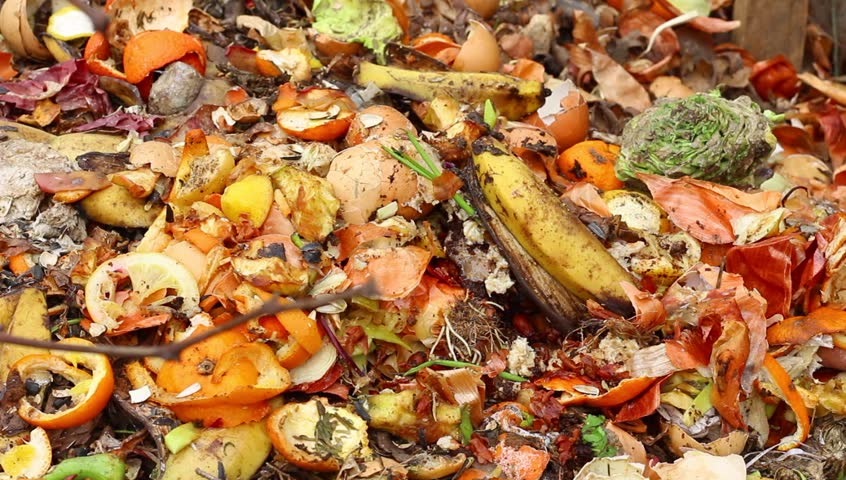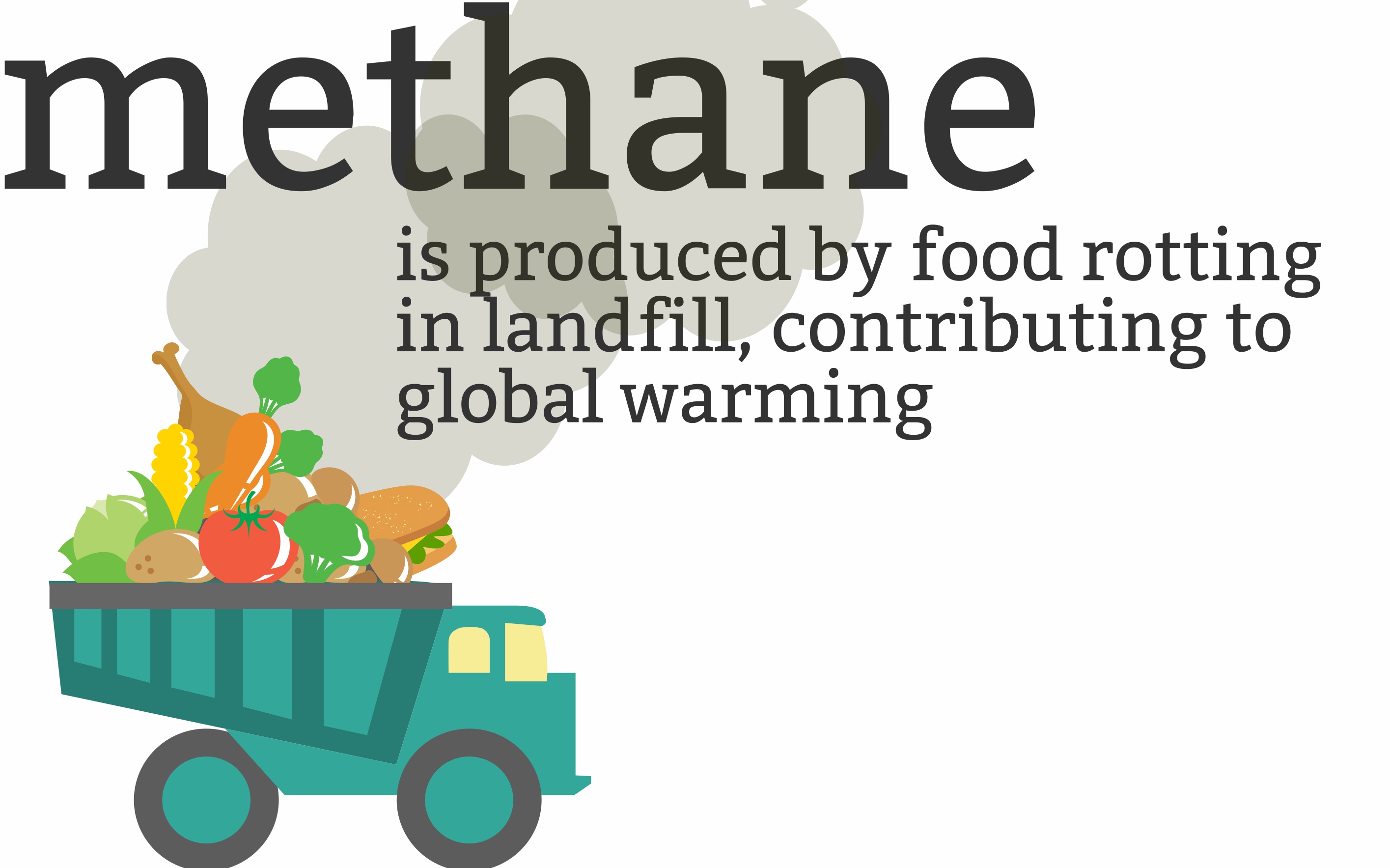Manual scavenging is banned in India, however that fact has not
deterred people to hire men to clean up the septic tanks at their
homes and elsewhere. This in spite of the fact there are mechanical
solutions being available.
World has moved
forward in this area and have found ways to deal with human excreta.
India is just now moving from defecating in the open to building
toilets at home. What was considered as a practice (defecating in the
open) is being seen as a shameful act now, thanks to the Swachh
Bharath movement initiated by the government of India.
We have mechanical
evacuation options available to empty the septic tank, however,
either due to
lack of knowledge or for emergency reasons people
engage in hiring humans to urgently clean up the tank, to ensure the
home atmosphere is clean. Tragic death of 6 people near Chennai is
just an example how, short sightedness leads to fatal situation.
How is the world
dealing with this problem, lets look at thickly populated country
like China. China has moved a long way in dealing with this problem
and have designed septic tanks for every home, depending on the
number of people and toilets available. These tanks not only collect
the ‘Black water’ (Water coming from the commodes) but they
process the water and collect methane gas from the same. This
collected methane gas can be used for cooking and heating purposes.
Human waste is considered to be high yielding in terms of gas
generation.
These septic tanks
are a boon where there is no centralised collection of sewerage. Most
Indian cities do not have under ground drainage system, today
constructing UGD is an expensive idea, as the sewerage once
collected has to be processed at a collection centre (Pump House) and depending on
the size of the city pump houses may have to be located in multiple
locations in the city.
It is necessary to
mandate installation of septic tanks which can capture methane and
prevent any future hazard to the mother earth (cemented tanks have a
life span of 10-15 years and there after can start leaking and
pollute the soil around the area, resulting in potable water sources
getting polluted. Some of the better known septic tank bio digesters
have 25-30 years life span. These are typically designed to work on
fit and forget concept.
The collected methane can be used to light a stove for cooking, heating etc. Methane removed and processed water is very good for gardening or farming. In Many locations where the Sewerage treatment plant water is used for lawns and farming, the green carpeting is healthy and lush.
In a country like India, human life value is considered negligible it is important a suitable legislation is mandated to install Septic tank bio digesters in all places which have no access to under ground drainage system. Any violators who are found guilty of polluting the surroundings should be severely punished.
(Copyright of all pictures used in this blog rests with the respective owners, they have been used for indicative purpose only)





)


